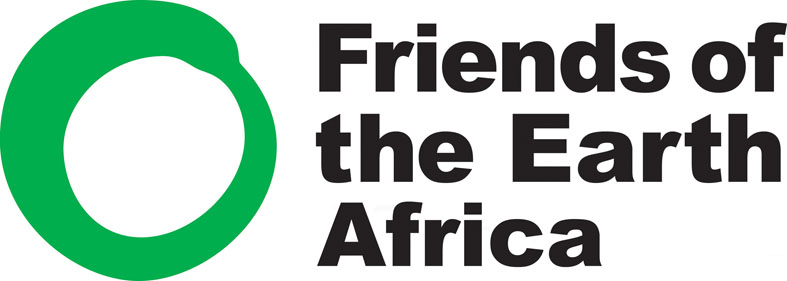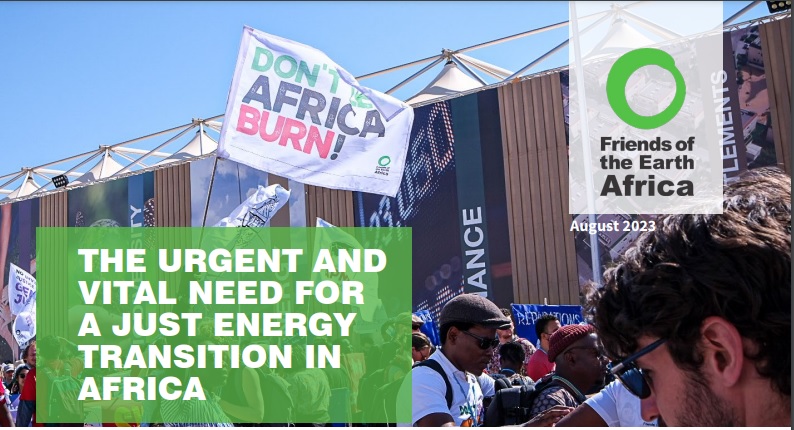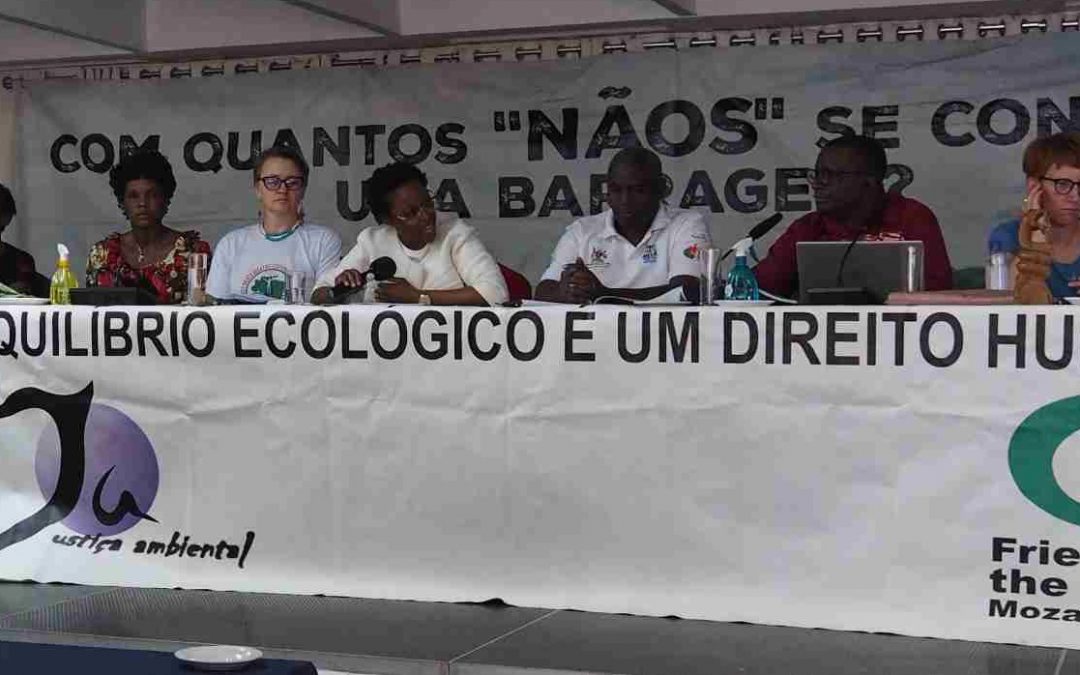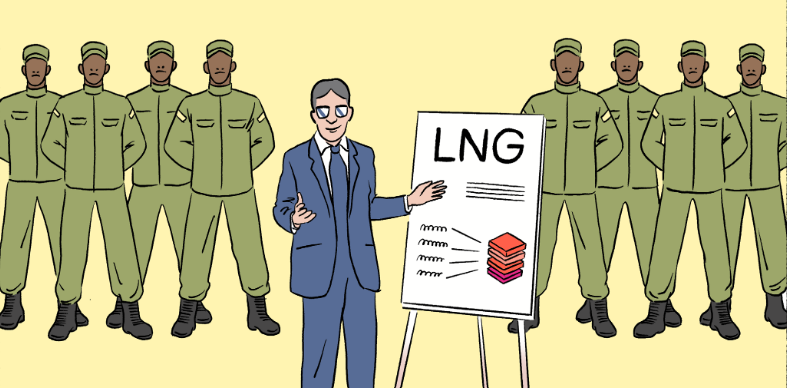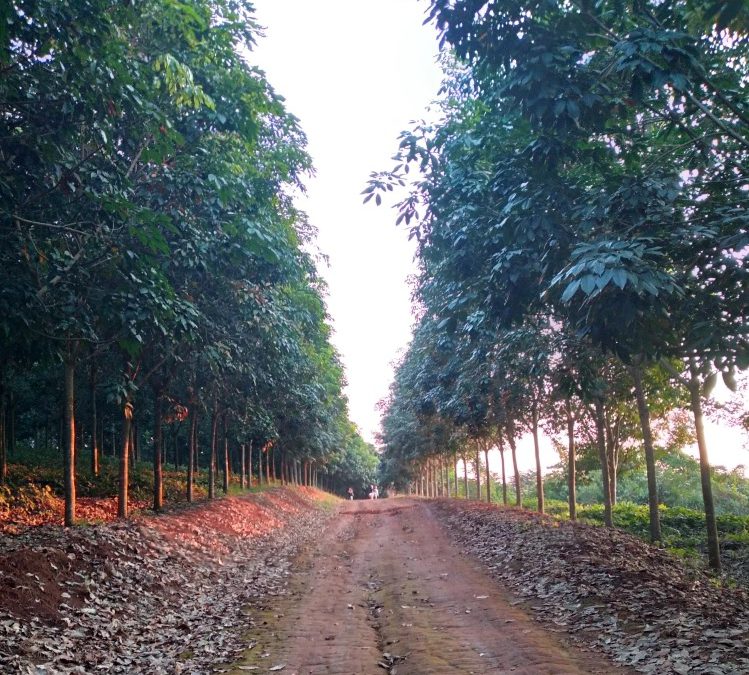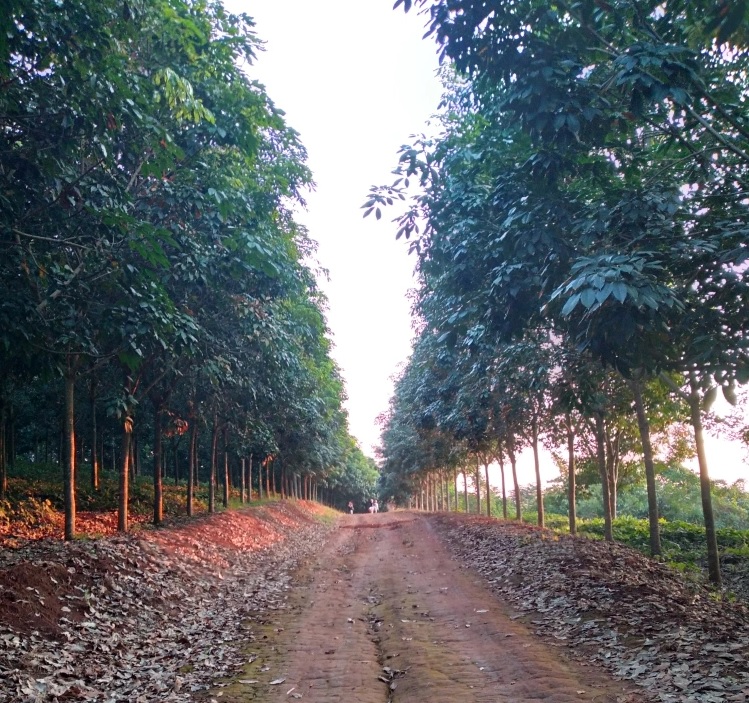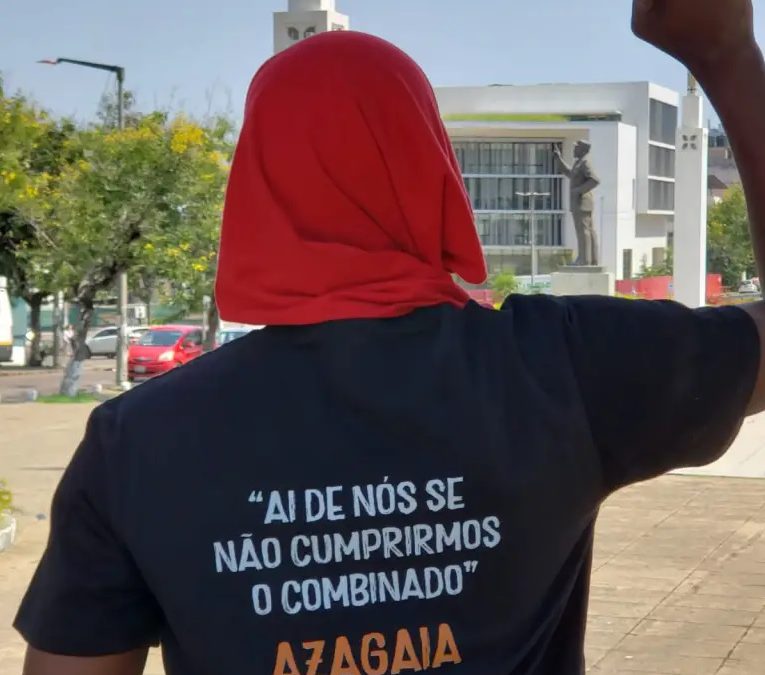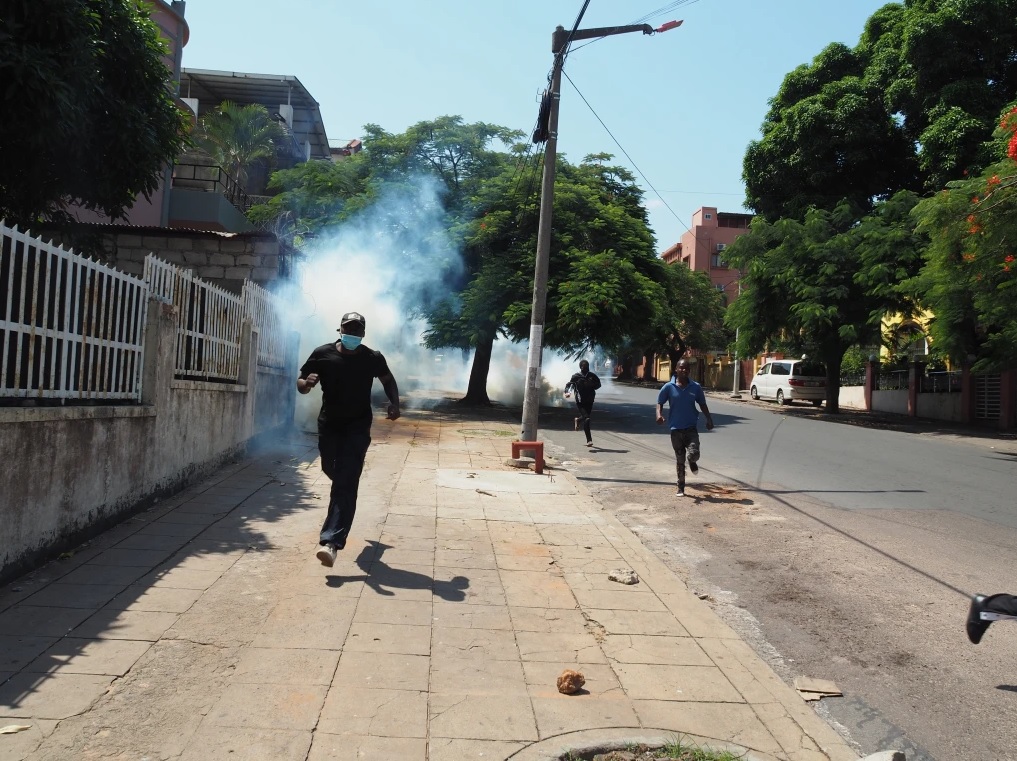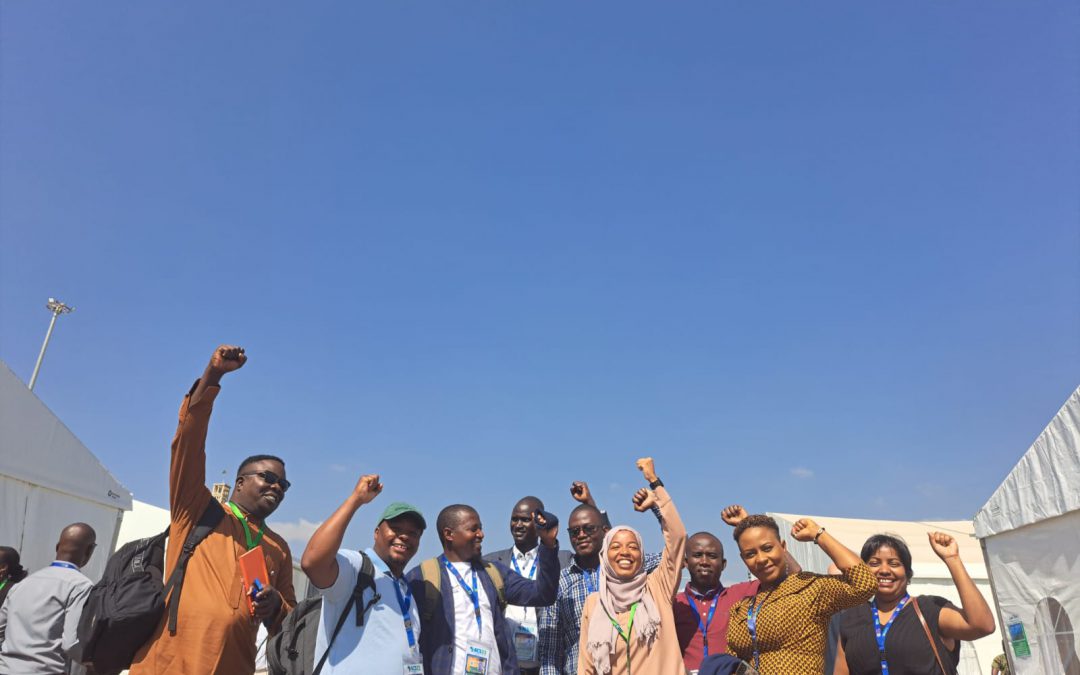
Nairobi Declaration a far cry from a Just energy Transition to People Led 100% Renewables

NAIROBI, September 6, 2023 Friends of the Earth Africa joined leaders and comrades from across the African region and the world for the inaugural Africa Climate Summit (ACS) in Nairobi, Kenya, which was held from 4th to 6th September 2023 to discuss Climate change, climate finance, and Africa’s energy future. The three-day summit, whose agenda was drafted by profit-driven organizations from the global North and laden with Carbon Markets ideas, ended with the African Leaders’ Nairobi Declaration on Climate Change and Call to Action adopted by African Heads of State and Government in the presence of global leaders and high-level representatives on the closing day.
Yegeshni Moodley, Climate and Energy Justice campaign lead at Friends of the Earth South Africa observed that “the climate week was missing the local voices that are most impacted by climate change. Their stories of hope, perseverance, suffering, and disaster were glaringly absent, hidden away behind security barriers and military armament. The use of top-down, technocratic false solutions negates the value of local knowledge and traditional practices that have sustained generations on their land. We must decry and lament the situation Africa has been placed into, where her lands and riches are once again being sold away to the distress and poverty of her people.”
The declaration, which falls short of the expectations of the people and civil society organisations, is not a surprise, as the various dangerous clauses embedded in the document have revealed the truth about these concerns. The summit sessions hammered out the multiple ways to institutionalize carbon markets on the continent. This is a dangerous distraction from the much-needed rapid and just transition away from fossil fuels if we stay below 1.5 degrees.
“We were already worried going into the Africa Climate Summit, that the agenda of the Summit had been influenced heavily by McKinsey and US corporate interests. Africa is highly vulnerable to the ravages of the climate crisis, but it seems the voices of Africans are being ignored. Instead of a people-based renewable energy system and strengthening peoples’ rights, we are seeing more fossil fuels and carbon markets, and we denounce these moves.” said Anabela Lemos, Director, Justiça Ambiental, Mozambique.
In a further reaction, Maimoni Mariere Ubrei-Joe, Coordinator of the Climate Justice, and Energy Program, Friends of the Earth Africa said: “Existing policies in Africa can be effective if they are backed by concrete actions. We cannot keep using the same old extractivist model and expect a different result. What should be Africa’s focus now is to stop the contributors to climate change at source and not look for shortcuts to keep extracting using the smokescreen of the carbon market, geoengineering, and other false solutions.
Africa must champion a people-led and centered Just energy transition to 100% renewable energy with utmost care for the environment. African energy systems should be developed to meet the needs of the continent rather than thinking only of energy for export. Our energy sovereignty is paramount if we are to grow and move forward. This Nairobi declaration is short of these ideas and could be another beautiful document heading for the shelves.
“Africa urgently needs scaled-up real climate finance solutions to enact a fair and just transition away from fossil fuels towards sustainable renewable energy. At the forefront of Africa’s just transition must be the need to increase energy access and sufficiency across the continent. The dash for Africa’s transition minerals cannot replicate the extractivist dirty energy model that puts profits over the people and planet. Nor can this extraction be led by neocolonial pursuits by the Global North. Any exploitation of Africa’s critical mineral resources needs to recognize the rights of Africa’s indigenous people and local communities and ensure that their energy access needs are a priority in the transition” said Tyler Booth, CJE International Programme Coordinator, FoEI
Africa’s natural habitats and ecosystem must not be commodified and reduced to their role as carbon sinks, but recognized for the intrinsic value they have to ecosystems and the people who rely on these ecosystems functioning. Africa does not need carbon markets; it needs real climate finance”, Tyler added.
The dash for Africa’s transition minerals cannot replicate the extractivist dirty energy model that puts profits over the people and planet. Nor can this extraction be led by neocolonial pursuits by the Global North. Any exploitation of Africa’s critical mineral resources needs to recognize the rights of Africa’s indigenous people and local communities and ensure that their energy access needs are a priority in the transition. The adoption of the language “phase down of coal” and no mention of the phase-out of fossil fuels by declaration is a pointer to the value it places on the people of Africa who bear the brunt of the climate crisis.
The conference included further discussions around the blue economy, agriculture, and nature and biodiversity.
Mariann Bassey Oruwvuje, FoE Africa, Food Sovereignty coordinator said:
“We call on our African leaders to meet their human rights obligations and to listen to the requests of the affected communities and people! Governments and intergovernmental organisations must immediately stop any policies, which lead to violations of the human right to food. We demand public policies in favour of farmers’ seed systems. The Nairobi Declaration must prohibit monopolies, and favour instead agroecology, access to land, and good care of the soil. Farmers themselves are agricultural experts and they must be in the driver’s seat of agricultural development at all times! We must prioritize people over profits, and continue to promote and defend agroecology and farmers’ seeds, which represent the hope and future of humanity.
Rita Iyke Uwaka, Forest and Biodiversity coordinator, FoE Africa, said:
Africa should double its agricultural production and productivity with a focus on community-based and smallholder farmers’ agroecological systems while supporting intra-African agricultural business between the people and the smallholder and community farmers, and creating spaces for knowledge sharing. We must stop the harmful expansion of monoculture plantation systems and related deforestation, watershed, and soil degradation. Ensure that at least 30% of African land and at least 30% of the African ocean and seas are conserved or protected by 2030; with a rights-based approach.
She further added that we must support African leaders to stop any harmful carbon market laws that will violate the people’s rights, and aid livelihood losses and ecosystem destruction.
For more information or clarification, you can reach:
Babawale Obayanju, Communications Coordinator, Friends of The Earth Africa waleseun@erafoen.org +2348072051368
Or Maimoni Mariere Ubrei-Joe, Climate Justice and Energy Coordinator, Friends of the Earth Africa maimoni@foei.org
